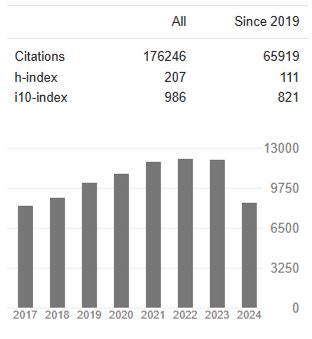Exploring Cognitive Biases in Gamblers: The Player's Error and its Practical Implications
Abstract
Tessenyi Judit and Bencsik Gyozo
In the world of gambling, there are many cognitive distortions and mistakes that can affect the decisions and behaviour of the players, providing the background of the article. In this study, with the participation of 150 respondents, we investigate the occurrence of inconsistencies and errors using the "Gamblers' Beliefs Questionnaire" (GBQ). The purpose of this research is to explore the beliefs and mindsets of players, with particular attention to how these delusions affect attitudes towards gambling and the players' sense of control over the outcome of the game.The GBQ questionnaire method is used to analyse gamblingrelated attitudes and beliefs, as well as their correlations with gambling frequency and cognitive errors. The results of this research can help to better understand the mindset and beliefs of gamblers and contribute to the development of measures to prevent and treat gambling problems.The results showed that players tend to think that the probability of winning increases after consecutive losses. However, in reality, and light of the facts, this results in a false player conclusion that can lead to problematic behaviour.




